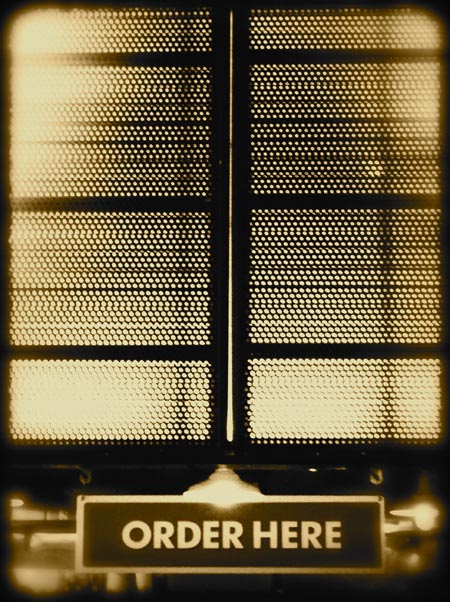Sometimes, in our attempts to process and organize, we forget the beauty of the chaotic milieu — where things aren’t really as nicely laid out as we might have imagined.
Projects seem to drift off into a differing continuum — there are challenges in getting our “formats” to align with others, and our sense of approach is limited to the channels that we hold dear in the forum of past experiences.
I’ve found (myself) lately thinking about, and studying, the idea of listening even more quietly, with the depth of ever more watchfulness, the movements and insinuations of those that I work for — and with — in observing the foibles of circumstance and how we gain accomplishment of tasks.
O R D E R | D I S O R D E R | R E O R D E R
As I look back in time, I sense the steadfast arrogance of working in a manner that is simply tried and true to the measure of its worthiness, yet in reality – it is merely that, tried and true. More so, to a renewed direction, is to build modeling that allows for a sentiment that relates more to the precision of cultural experience.
Working in varying parts of the world, one quickly gathers that all people do not work in the same way — cultures and geography tip and slant the nature of process, design thinking, strategy and expectation. The only manner in which this might be formally observed is in the character of that very act: watching.
In the realm of retail, restaurants, hospitality, human branding, business communications, every culture is founded on the human index of experience. How people are — drives the rule of action in measuring possibility.
Now I find myself thinking of routes in building solutions that are never rote, but more cadenced in the way of the challenge of my relationships.
Who are they?
What order, their world?
What priorities, manifest?
Where are they going?
What works, for them?
What story, told? And how? And why?
What process, to unifying?
Looking into the succession of working experience, the order should be cast out. Reality: what are we really trying to get to — and, knowing you — how will we best get there?
There will have to be a balance in entering the territory, studying the geography, and placing stakes in the right cartography of approach.
Otherwise, you will be lost.
TIM | VANCOUVER, B.C.
––––
